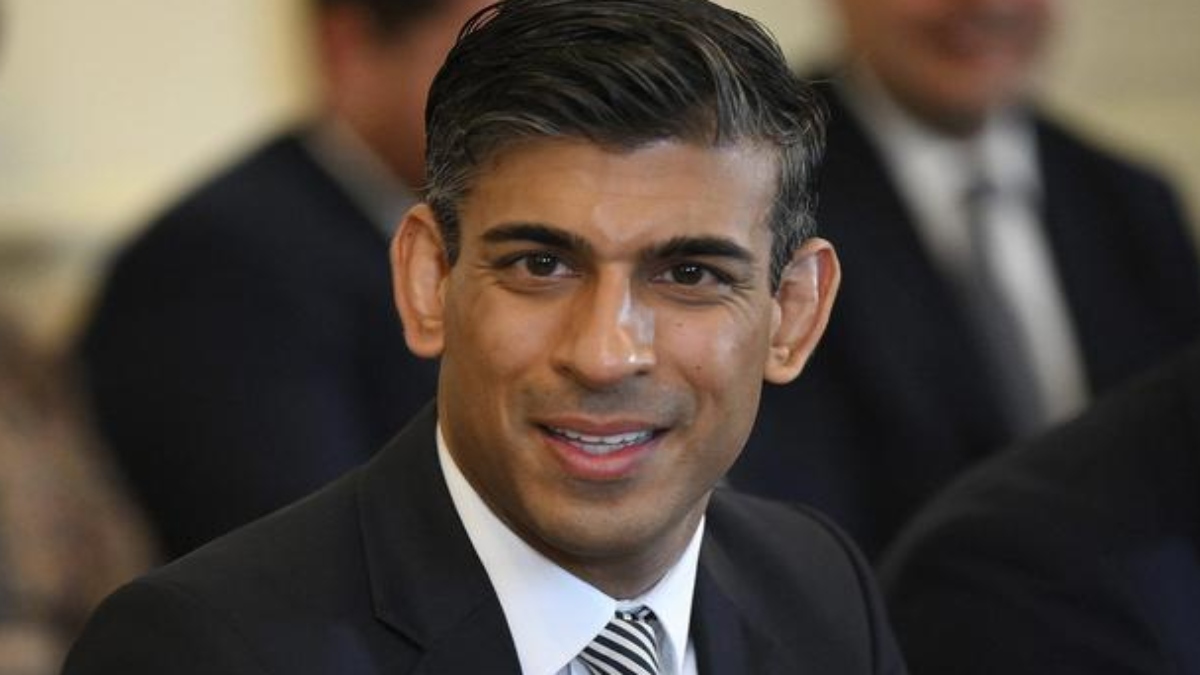UK Prime Minister Rishi Sunak on Monday delivered his first major address on UK Foreign Policy. He emphasized the importance of a Free Trade Agreement (FTA) with India that aims to strengthen the domestic economy.
This occurs as India and the UK continue their FTA negotiations, which started in January of this year and are intended to advance their trade and investment relations. Currently, both nations actively engage in bilateral trade as part of a multifaceted strategic cooperation.
“By 2050, the Indo-Pacific will deliver over half of global growth…compared with just a quarter from Europe and North America combined. That’s why we’re joining the Trans-Pacific trade deal, the CPTPP, delivering a new FTA with India, and pursuing one with Indonesia,” Sunak said in his address at the Lord Mayor’s Banquet at London’s Guildhall.
Regarding the second-largest economy in the world, Sunak argued that the “golden period” between Britain and China is “now finished” and that it is time to change the country’s policy towards it because its authoritarian government poses a systemic threat to UK values and interests.
Along with outlining his foreign policy views, he attacked China’s violations of human rights.
“Let’s be clear, the so-called ‘golden era’ is over, along with the naive idea that trade would lead to social and political reform. We recognise China poses a systemic challenge to our values and interests, a challenge that grows more acute as it moves towards even greater authoritarianism,” the UK PM said in his address.
Sunak also expressed support for Ukraine in his speech, adding that the UK is standing with the nation that has been devastated by war. He claimed that in order to address issues like security and immigration, Britain is also reviving its ties to the European Union.
The continuous demonstrations against COVID lockdowns in China have the UK Prime Minister worried. Sunak emphasised that the BBC correspondent was recently detained in China and claimed that the Chinese government “had opted to crack down more” as opposed to paying attention to the public’s concerns.







